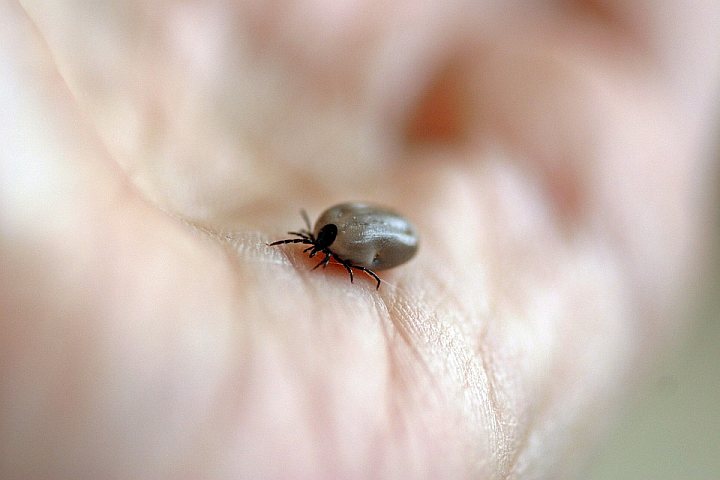Lyme disease is an infection caused by bacteria ticks carry; to look for signs of the infection, Lyme disease tests need to be carried out, and it is mostly done through a blood test or cerebrospinal fluid.

Anyone can get infected with the disease if bitten by an infected tick. Also, ticks are stealth during feeding; the bite is usually painless, and they often bite in hidden parts such as armpits, groin, and scalp. Moreover, the infected ticks are generally tiny, as small as a speck of dirt; the person may not know they have been bitten.
Lyme disease can cause serious health challenges affecting your muscles, joints, nervous system and heart if left untreated. However, if diagnosed early, the disease can be cured using antibiotics for a few weeks.
Furthermore, Lyme disease test goes by several names like Borrelia burgdorferi antibodies test, IgM/IgG by Western Blot, Lyme disease detection, Borrelia antibodies, IgM/IgG, Lyme disease test (CSF).
What is the purpose of Lyme disease test?
The purpose of Lyme disease test is to find out if there is a Lyme disease infection in your system. It is essential to go for the test especially when you start noticing some signs and symptoms. In addition, the first symptom of Lyme disease usually shows up between third and thirty days after the infected tick bite.
The following signs are proof that you may be suffering from Lyme disease
- Chills
- Fever
- Fatigue
- Headaches
- A distinctive skin rash that looks like a bulls-eye; the bulls-eye rash inspired the name bulls-eye disease.
- Joint pain
However, these symptoms do not surface in all individuals; it is the more reason you need to get yourself tested especially when you recently remove tick from your body or walked in a wooded area where ticks are prevalent, and live or recently visited the Midwestern or Northeast regions of the United States where Lyme disease is dominant.
It is easy to get rid of Lyme disease in the early stages of the infection, make sure you take a Lyme disease test to ensure you are not infected by the bacteria. In addition, if you notice ticks around your home or garden, it is best you call a professional tick exterminator for inspection
However, symptoms may show up after weeks or even months of an infected tick bite. The signs to watch out for are:
- Memory and Sleep disorders
- Severe joint or muscle pain and swelling
- A severe headache
- Numbness, tingling, or sharp pains in the hands or feet
- Neck stiffness
What to expect during Lyme disease testing?
Just like every other blood test, a doctor or health care professional will use a small needle to take a blood sample from a vein in your arm. After he or she inserts the needle, a small amount of blood will be collected into a vial or a test tube. No need to freight about it, it does not hurt, you may feel a little sting as the need pierce through the skin. The process does not last up to five minutes.
Furthermore, if the Lyme disease affects your nervous system, such as tingling in hands or feet or neck stiffness, the health care professional may need a test of cerebrospinal fluid- a clear liquid in the brain and spinal cord. It is collected through a procedure called a spinal tap or a lumbar puncture.



Leave a Reply